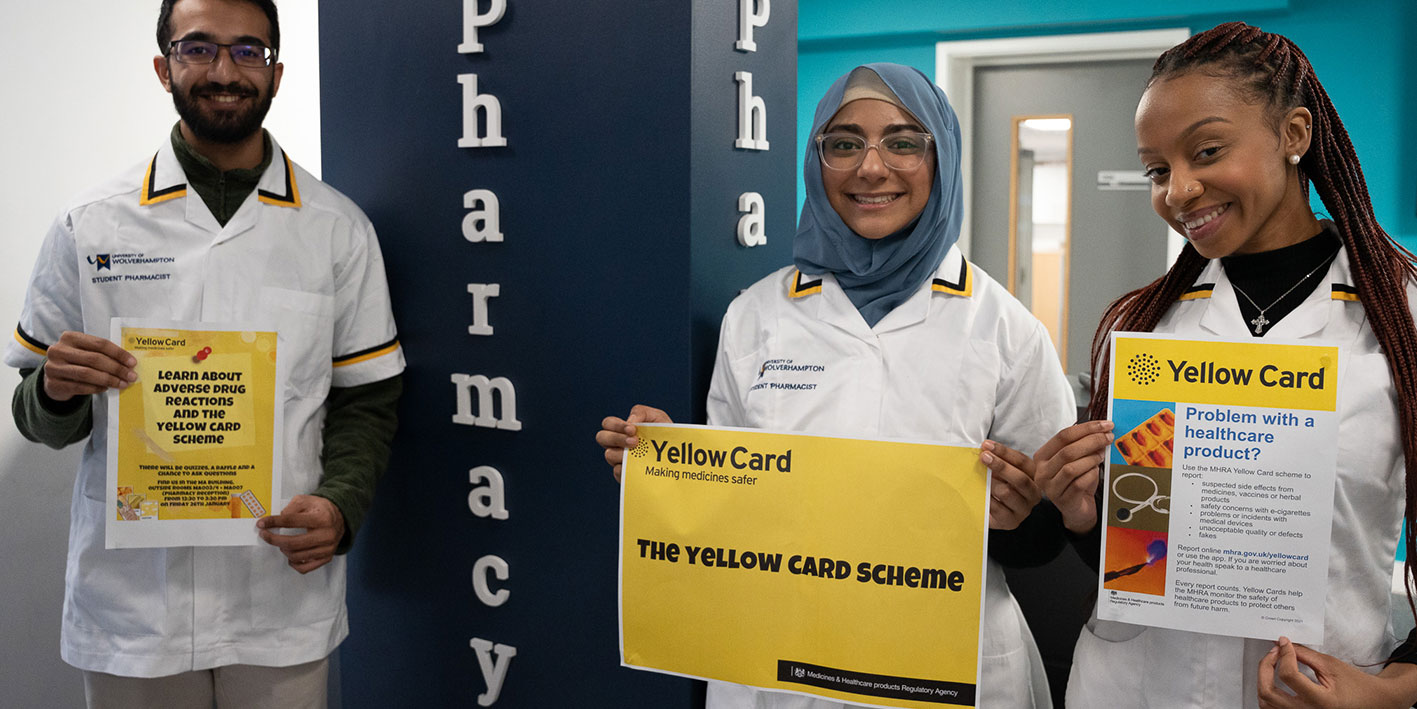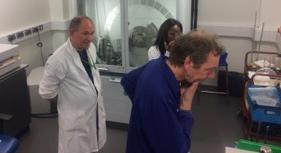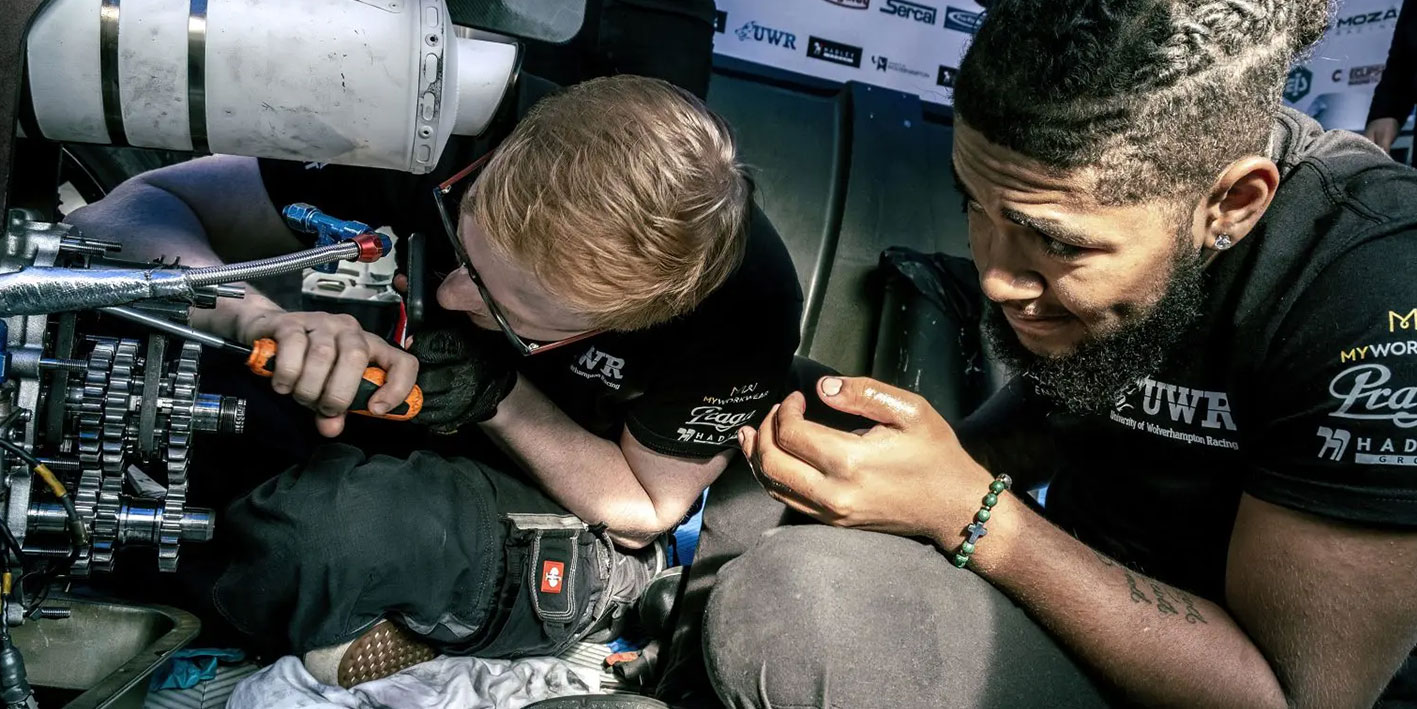
Research collaboration provides food for thought for national companies
Research excellence at the University of Wolverhampton is giving national companies some food for thought.
A unique three way collaboration between chemical engineers and scientists is regularly attracting companies from as far afield as Scotland to the £25 million Rosalind Franklin science and engineering building in Wolverhampton.
Food and chemical producers are drawing on the joint research expertise of academics from the University of Wolverhampton and the University of Birmingham, sponsored by the Engineering and Physical Sciences Research Council (EPSRC) and BASF, the largest chemical producer in the world, to look at the underpinning science behind many industrially important products.

Phil Cox, Director of Chemical Engineering in the Faculty of Science and Engineering at the University of Wolverhampton, said: “Last week one of Scotland’s largest food producers visited the Rosalind Franklin building to examine the differences in their products.
“The highly accurate measurements made by our team and the subsequent interpretation of data have led to immediate changes in the way that companies are doing things and this has opened the door for further significant collaborations – including using our highly specialised equipment to look at samples for a major multinational chemical company.
“The new understanding gained by the excellent measurements by our scientific collaboration will be a major contribution in highlighting and pushing the benefits of applied science and engineering forward.”
Picture caption from left to right: Professor Craig Williams – Chemistry at the University of Wolverhampton, Dave Townrow – Rosalind Franklin Building and Aderomola Sadiqu from the University of Birmingham/BASF.
ENDS
For more information please contact the Media Relations Office on 01902 32 2736 or 01902 518647.
For more information please contact the Corporate Communications Team.


/prod01/wlvacuk/media/departments/digital-content-and-communications/images-2024/240328-Varsity-Line-Up-Resized.jpg)
/prod01/wlvacuk/media/departments/digital-content-and-communications/images-18-19/220325-Engineers_teach_thumbail.jpg)
/prod01/wlvacuk/media/departments/digital-content-and-communications/images-2024/240404-Digital-Humanities-Training-Resized.jpg)
/prod01/wlvacuk/media/departments/digital-content-and-communications/images-2024/240320-Uzbekistan-Resized.jpg)
/prod01/wlvacuk/media/departments/digital-content-and-communications/images-2024/240229-The-Link-Resized.jpg)
/prod01/wlvacuk/media/departments/digital-content-and-communications/images-2024/240404-Pharmacy-Students-Resized.jpg)

